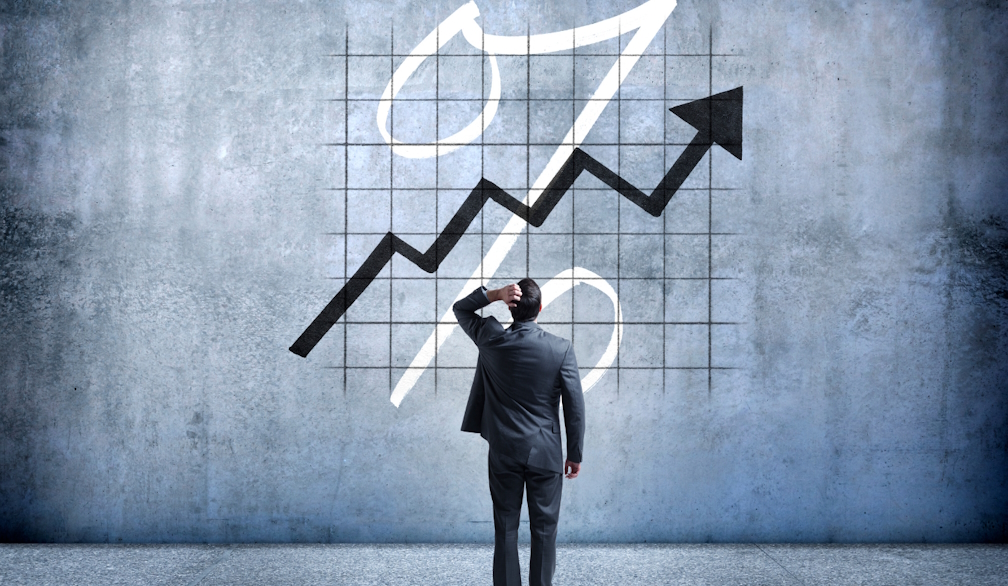The Australian economy has changed dramatically since 2000 – the way we work now is radically different
- Written by John Quiggin, Professor, School of Economics, The University of Queensland

The most striking feature of the Australian economy in the 21st century has been the exceptionally long period of fairly steady, though not rapid, economic growth.
The deep recession of 1989–91, and the painfully slow recovery that followed, led most observers to assume another recession was inevitable sooner or later.
And nearly everywhere in the developed world, the Global Financial Crisis of 2007–08 did lead to recessions comparable in length and severity[1] to the Great Depression of the 1930s.
Through a combination of good luck and good management, Australia avoided recession, at least as measured by the commonly used criterion of two successive quarters of negative GDP growth.
Recessions cause unemployment to rise[2] in the short run. Even after recessions end, the economy often remains on a permanently lower growth path.
Good management – and good luck
The crucial example of good management was the use of expansionary fiscal policy in response to both the financial crisis and the COVID pandemic[3]. Governments supported households with cash payments as well as increasing their own spending.
The most important piece of good luck was the rise of China and its appetite for Australian mineral exports, most notably iron ore.
This demand removed the concerns about trade deficits that had driven policy in the 1990s, and has continued to provide an important source of export income. Mining is also an important source of government revenue, though this is often overstated[4].
Still more fortunately, the Chinese response to the Global Financial Crisis, like that in Australia, was one of massive fiscal stimulus. The result was that both domestic demand and export demand were sustained through the crisis.
The shift to an information economy
The other big change, shared with other developed countries, has been the replacement of the 20th century industrial economy with an economy dominated by information and information-intensive services.
The change in the industrial makeup of the economy can be seen in occupational data[5].
In the 20th century, professional and managerial workers were a rarefied elite. Now they are the largest single occupational group at nearly 40% of all workers. Clerical, sales and other service workers account for 33% and manual workers (trades, labourers, drivers and so on) for only 28%.
The results are evident in the labour market. First, the decline in the relative share of the male-dominated manual occupations has been reflected in a gradual convergence in the labour force participation rates of men (declining) and women (increasing).
Suddenly, work from home was possible
Much more striking than this gradual trend was the (literally) overnight shift to remote work that took place with the arrival of COVID lockdowns.
Despite the absence of any preparation, it turned out the great majority of information work could be done anywhere workers could find a desk and an internet connection.
The result was a massive benefit to workers. They were freed from their daily commute, which has been estimated as equivalent to an 8–10% increase in wages[6], and better able to juggle work and family[7] commitments.
Despite strenuous efforts by managers, remote or hybrid work has remained common among information workers.
CEOs regularly demand[8] a return to full-time office work. But few if any have been prepared to pay the wage premium that would be required to retain their most valuable (and mobile) employees without the flexibility of hybrid or remote work.
The employment miracle
The confluence of all these trends has produced an outcome that seemed unimaginable in the year 2000: a sustained period of near-full employment. That is defined by a situation in which almost anyone who wants a job can get one.
The unemployment rate has dropped from 6.8% in 2000 to around 4%[9]. While this is higher than in the post-war boom of the 1950s and 1960s, this is probably inevitable given the greater diversity of both the workforce and the range of jobs available.
Matching workers to jobs was relatively easy in an industrial economy where large factories employed thousands of workers. It’s much harder in an information economy where job categories include “Instagram influencer” and “search engine optimiser”.
As we progress through 2025, it is possible all this may change rapidly, for better or for worse.
The chaos injected into the global economy by the Trump Administration will radically reshape patterns of trade[10].
Meanwhile the rise of artificial intelligence holds out the promise of greatly increased productivity – but also the threat of massive job destruction. Economists, at least, will be busy for quite a while to come.
References
- ^ comparable in length and severity (www.washingtonpost.com)
- ^ cause unemployment to rise (www.abc.net.au)
- ^ COVID pandemic (www.hlb.global)
- ^ often overstated (australiainstitute.org.au)
- ^ occupational data (www.abs.gov.au)
- ^ increase in wages (www.businessinsider.com)
- ^ better able to juggle work and family (www.afr.com)
- ^ regularly demand (www.afr.com)
- ^ around 4% (www.abs.gov.au)
- ^ patterns of trade (theconversation.com)
















